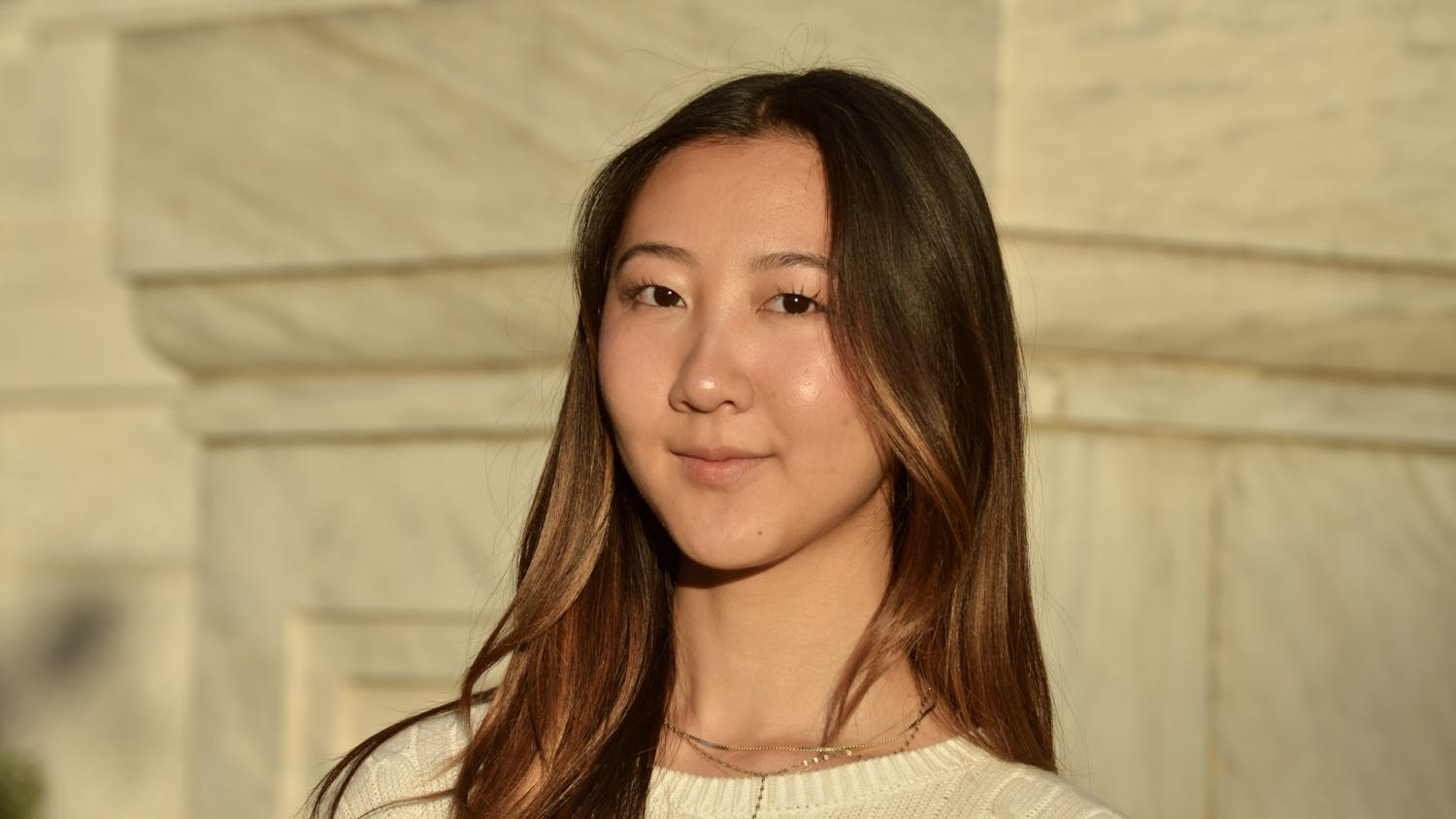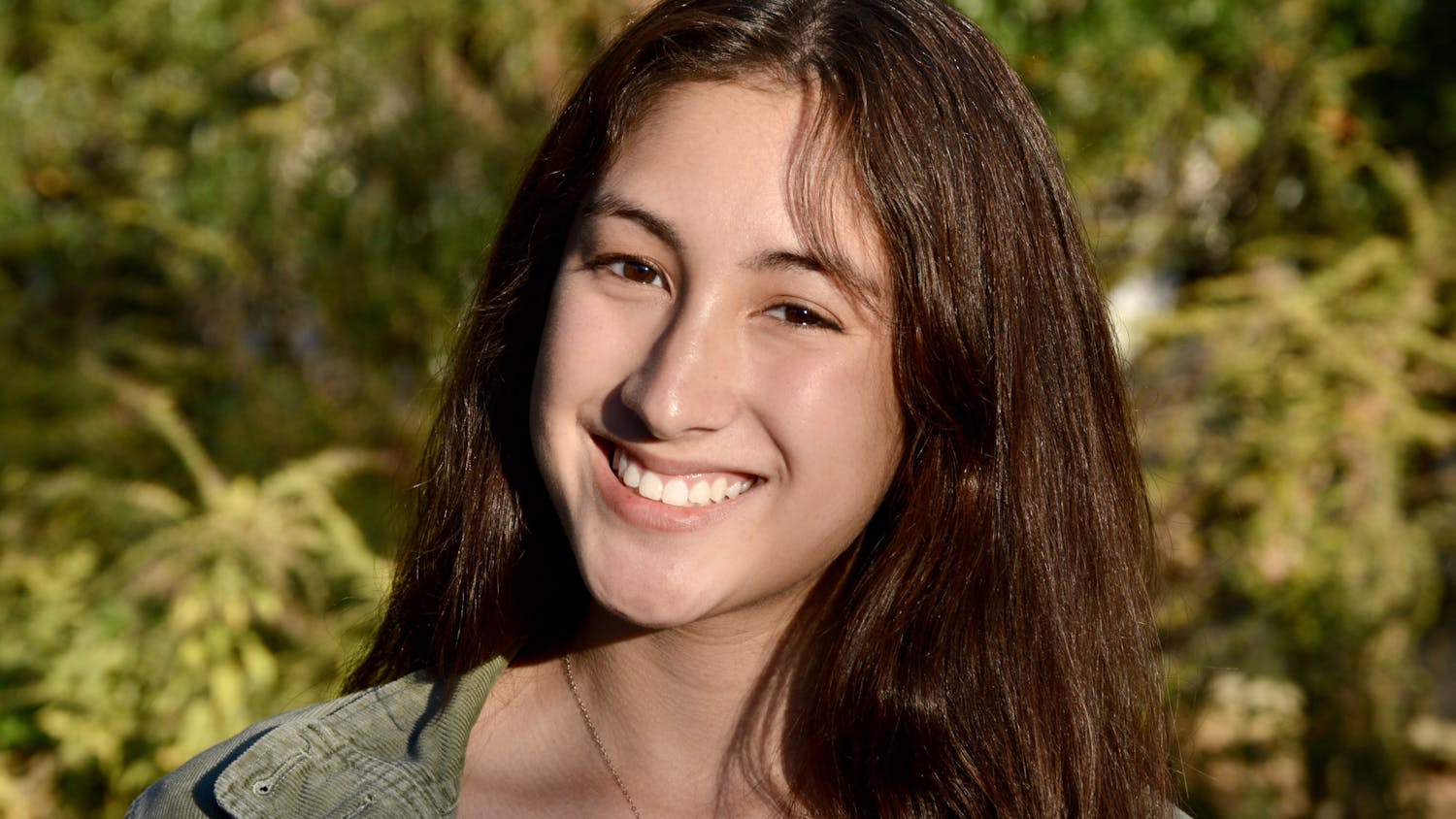AU New Abolitionists, an emerging campus organization, recognizes the systematic inequalities in our legal and educational systems that restrict opportunities for young people. It also recognizes that these inequalities occur on a much smaller scale.
“We talk about Southeast as if it’s one region, reduced to turmoil, bad schools and violence,” Elyse Preston said, executive board member of AU New Abolitionists and sophomore in the School of Public Affairs.
When young people internalize these sweeping generalizations that dismiss them as low-achieving and unintelligent, they become indoctrinated into the very system that denies them equal access and blames them for their own marginalization. By defying these narratives and reclaiming the power to define themselves, young people make a crucial first step to initiate change.
Connected with partners from all over D.C., including its parent organization, the national Children’s Defense Fund, AU New Abolitionists hopes to mobilize our student body to take action and disrupt this cycle of inequality and exclusion. It is committed to building a society in which all children can reach their full potential.
Each semester, the New Abolitionists will select a social justice project to guide their advocacy. It invites students with diverse academic backgrounds and passion areas to contribute to the organization. From food justice to racial profiling, there are many factors that contribute to a young person’s access to opportunity.
This spring, AU New Abolitionists are conducting a mentorship program at Capital City Public Charter School for students in grades 9 to 11. With a curriculum that includes speakers, text analysis and field trips, the New Abolitionists want to give D.C. students what Preston describes as “the tools and knowledge they need to be advocates in their own communities … and to see themselves as change-makers.”
At a brief introductory meeting, Preston described how the students were asked to reflect on their various identities. Labels they came up with included: sister, daughter, basketball player, Latina and shy.
As a follow-up, the students completed an activity about challenging stereotypes. They selected one of their identities and articulated how they feel others perceive them because of this, writing a statement in the form “I am _____, but I am not _____.”
“I am a black male, but I’m not violent.” “I’m black, but I’m not stupid.”
This is much more than a therapeutic exercise. It’s a radical demonstration of self-authorship, a refusal to passively conform to the role society has set for them.
Because the inequalities that permeate our nation are vast, we often disregard our abilities as change makers. Stopping youth incarceration, for instance, seems like an impossible task. So we fail to act, our silence normalizing the injustice.
But when we address inequality on an individual level, assisting students as they navigate the tension between self-perception and social expectations, we create real change. Separating themselves from stigmatizing narratives, they challenge oppressive systems by putting the power of self-definition into their own hands.
To become a New Abolitionist — a change-maker devoted to shaping future change-makers — contact aunewabolitionists@gmail.com.
Derek Siegel is a sophomore in the College of Arts and Sciences.
edpage@theeagleonline.com




